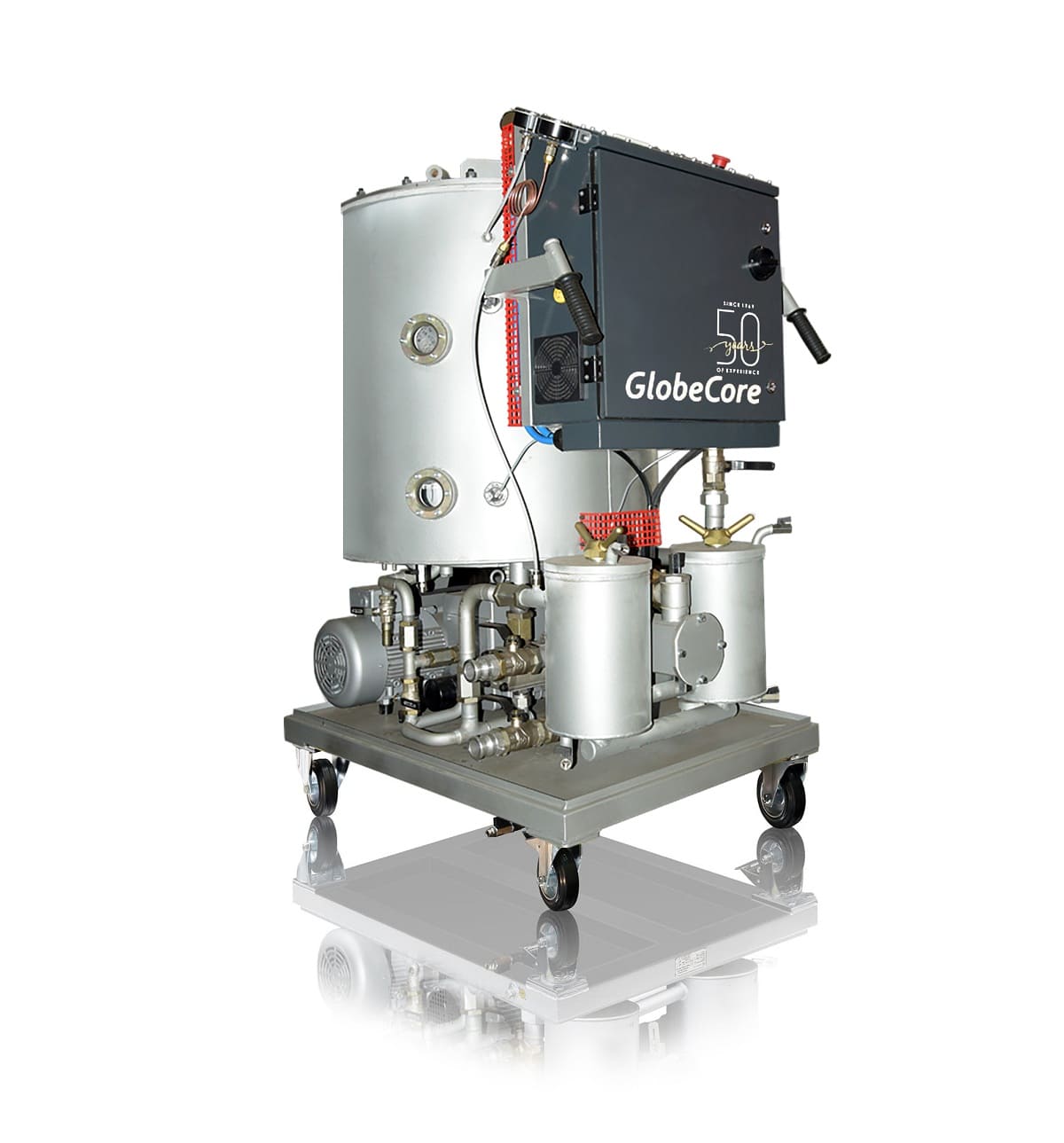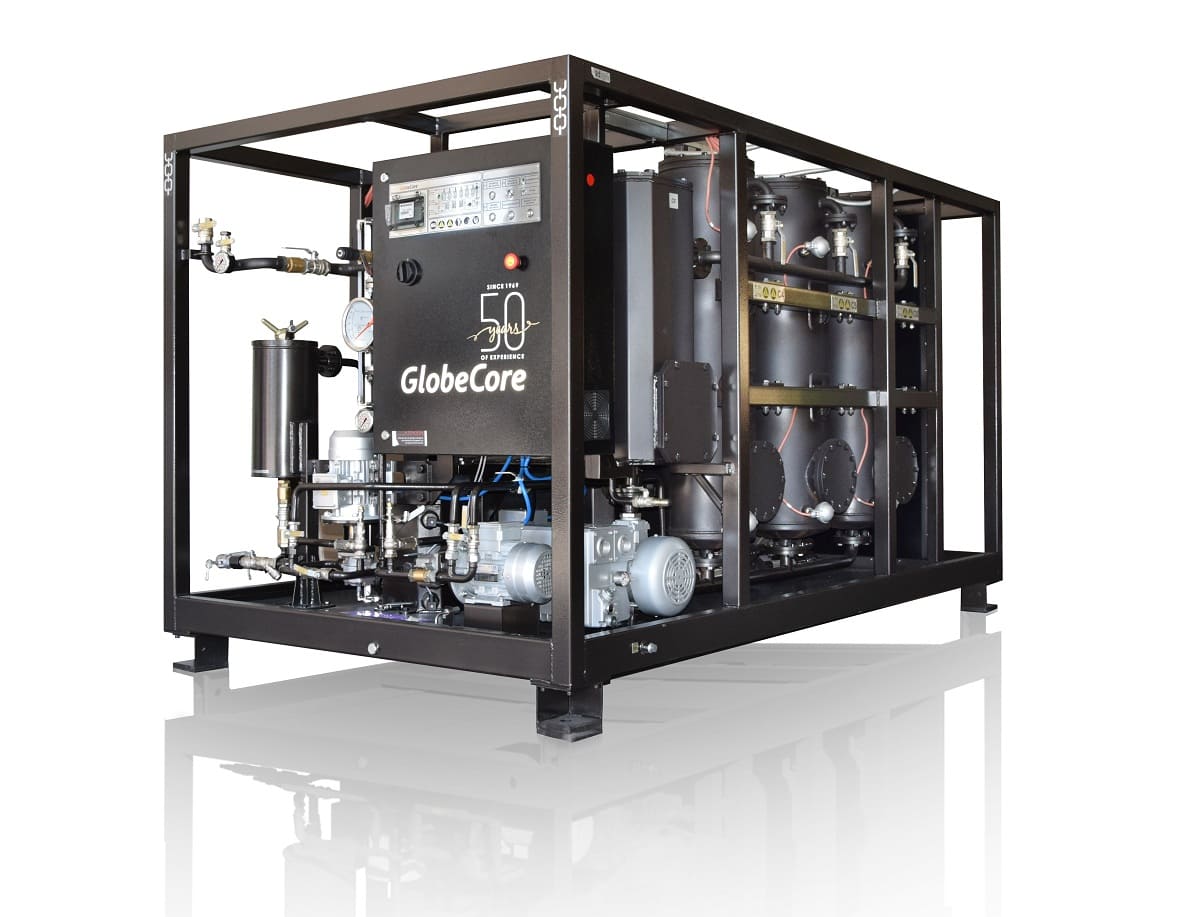Hydraulic oil purification
How does Mechanical Hydraulic Oil Filtration differ from other filtration methods?
- This topic has 1 reply, 2 voices, and was last updated 1 year, 4 months ago by .
Answers
-
October 7, 2024 at 10:02 am by Kevin White
Mechanical Hydraulic Oil Filtration differs from other filtration methods primarily in its approach to removing contaminants. Mechanical Filtration involves physically capturing particles and impurities using filter media, such as mesh screens, cartridges, or pleated filters, based on size exclusion. This method relies on the flow of oil through the filter, trapping solids like dirt, metal shavings, and sludge within the filter media. Other Filtration Methods, such as magnetic filtration or centrifugal separation, utilize different principles. Magnetic filtration uses magnets to attract and remove ferrous particles, while centrifugal filtration relies on high-speed spinning to separate contaminants based on density differences. Chemical Filtration employs adsorption or chemical reactions to remove specific contaminants, like acids or moisture, from the oil. Degassing techniques extract dissolved gases without relying on particulate removal. Mechanical filtration is essential for maintaining oil cleanliness by removing solid contaminants, but it often needs to be complemented with other methods to address non-particulate impurities, ensuring comprehensive purification of hydraulic oil systems.



